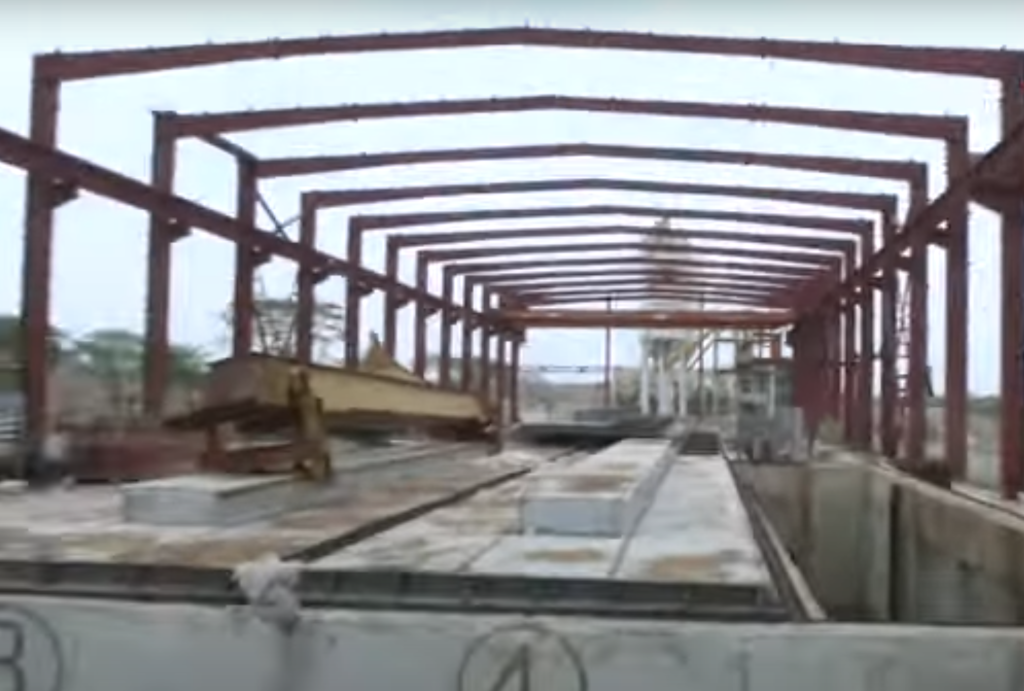







How do gangs start? In the case of Tren de Aragua (TdA), it began with a labor union.
In 2009, Hugo Chavez was in power, and wildly popular. The oil boom had flooded Venezuela with riches, and Chavez had grand visions for the future of Venezuela. One such plan was a modern, high-speed railway to connect the country. From a 2009 article in Venezuela Analysis (emphasis mine):
The construction of the vast rail system is “one of the signs of the new Venezuela,” Chavez said...“We’re connecting our entire national territory.” The new line will stretch from the city of Anaco...through Guarico and Aragua, to the town of Tinaco in Cojedes state. It is expected to be operational in 2012, with a maximum speed of 137 mph, and its construction will create 1,800 jobs...The Chavez administration’s “National Railway Development Plan” will comprise nearly 8,500 miles of railway upon its expected completion in 2030, including 379 stations and 548 trains. It will be able to transport around 210 million passengers and 190 million tons of cargo each year.
The name of the railway worker's union? El Tren de Aragua.
Chavez won reelection in 2012, but died shortly thereafter. The train was never completed, and many lost their jobs. From the fertile soil of discontent, a group of prisoners in Tocorón prison formed a new gang. The name they chose: El Tren de Aragua, perhaps ironically, as a reminder of broken promises.
Nicolas Maduro took over after Chavez. Volatile oil prices complicated the transition, and Maduro lacks the charisma of Chavez. Plans made in more prosperous times wilted on the vine. Crime skyrocketed, so Maduro implemented "Iron Fist" policing policies. These heavy-handed tactics amounted to a governmental war on gangs.
In 2023, Maduro hit TdA with a special military exercise known as a "mega operation". Employing over 11,000 troops, Maduro took their home base of operations, Tocorón prison in Aragua, the same place TdA was born.
Maduro proclaimed a new "gang-free" era, but key leaders had escaped. It was too late. TdA had already metastasized and spread outside of Aragua, outside of Venezuela.
What started as a gang had become a cartel.
The tweet above shows American bases, but TdA has grown to massive proportions, with bases in multiple countries (emphasis mine):
Tren de Aragua is also the first Venezuelan criminal organization to expand internationally; it has a presence in Colombia, Brazil, Peru, Ecuador, Bolivia, Panama, Costa Rica, Chile, Mexico, Trinidad and Tobago, and the United States. It holds a particularly dominant role in human-trafficking and human smuggling in Latin America.[5] The organization engages in a variety of criminal activities, such as arms trafficking, bribery, drug-trafficking, illegal mining, kidnappings-for-ransom, and money laundering.[3][6] The gang has alliances with Primeiro Comando da Capital in Brazil.[6]
As Venezuelan crime expert and sociologist Verónica Zubillaga points out, the 5,000+ member organization traffics its own people.
One of the successes of the Tren de Aragua organization is its broad business portfolio and the services that it provides to other criminal organizations. It should not be forgotten, moreover, that one of its most important businesses is human trafficking, and Venezuelan migrants themselves are its victims par excellence.
It's a familiar story: a peaceful democracy embraces progressive ideas, and quickly slips into Marxism, and becomes more autocratic. Exceptionally prosperous times can mask the rot of a dictatorship.
It began as a heady plan to build a modern train network across Venezuela. Political unrest and falling oil prices led to lost jobs. Lost jobs resulted in the rise of disenfranchised gangs. Growing gang influence led to violent government crackdowns, which led to the gangs expanding outside of the country.
And during this upheaval, the door to the United States was wide open...and in walked Tren de Aragua.






